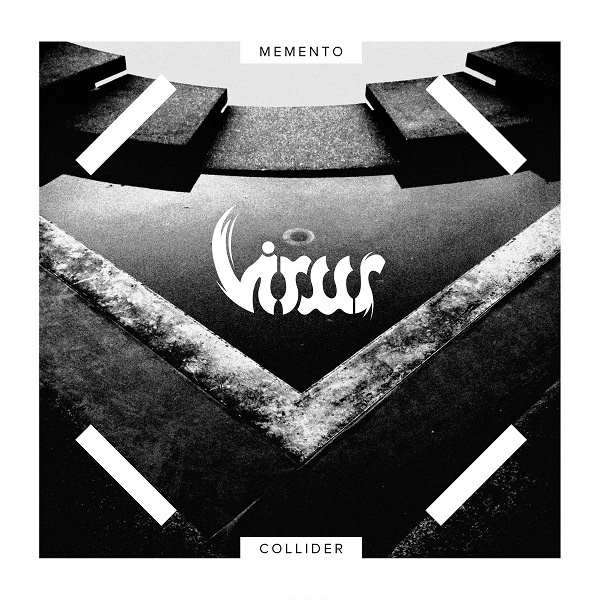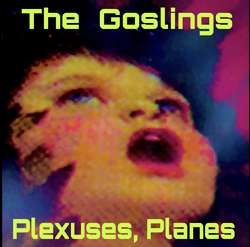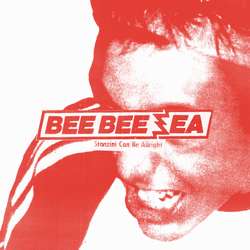Carl-Michael Eide (or Czarl) is a legendary figure of Norwegian black metal lore, with his emergence in the scene corresponding with some of its most important bands' first releases. He appeared playing drums in the first Satyricon demo, All Evil, and the first couple demos of Ulver, before initiating some projects of his own.Aura Noir and Inferno with their thrash or thrash-induced black metal showcased a more direct and raw approach from Czarl, but it was Ved Buens Ende that really saw the capabilities of his (and Dodheimsgard's Vicotnik) vision.
Deeply dissonant and twisted, the avant-garde black metal of Ved Buens Ende was destined to release only the Those Who Caress The Pale demo and the monumental Written In Waters full-length. However, Czarl kept part of the spirit of Ved Buens Ende alive with his next band, Virus. The black metal tone retreats in Virus, with Czarl, Einar Sjurso (of Beyond Dawn and Lamented Souls) and Plenum (of Audiopain) moving into an abstract space where Voivod-ian dissonance meets the art-punk of Talking Heads, resulting in avant-rock bliss.
Memento Collider is the fourth full-length from Virus, coming five years after the excellent The Agent That Shapes the Desert. What has been key to Czarl's dissonant touch holds true here as well. The manner in which the inharmonicity works is more than a one-dimensional trick. Sure it is able to give a more extreme touch and provide an edge for the lead work, but it undergoes transformations through the record. Ethereal manifestations, causing a hypnotizing effect or slithering parts adding a cool vibe to the progression are just a few of the modes that Virus operate in. Even though Virus step away from the black metal aesthetic, there appears to be a hovering presence that the trio is still allowing to exist over their music. This has the ability to give a more solitary and desolate aura to the album, causing a dim ambiance to appear through this deformed sense. And then, more furious moments also span from this mentality coming down with more conviction and energy, as eerie leads overwhelm the soundscapes.
Still, most of the foundation of Virus lies with their art-rock tone. The adoration of the '80s experimental new-wave movement is very strong, from the big vocals and especially with that rhythm section and the unconventional bass lines alongside the drum patterns. The great thing about Virus is the ease in which they can produce moments that have a certain groove or a straightforward approach, applying simple patterns and melodies (by their standards at least,) and then completely flip the script, adding further complexity. Absolutely bizarre and always rocky they venture into a mind-bending mode, with their dissonant, twisted sense radiant. They are so good at this that the album, even though it is structured and follows a certain progression (no matter how complex that might be,) feels more like a stream of consciousness, with the band drunkenly going into a frenzy resulting in an ecstatic loss of self.
Memento Collider follows the great tradition of the past Virus albums, from the playfulness of Carheart, the dark remnants of the second Ved Buens Ende album in The Black Flux to the sinister touch of The Agent That Shapes the Desert.




